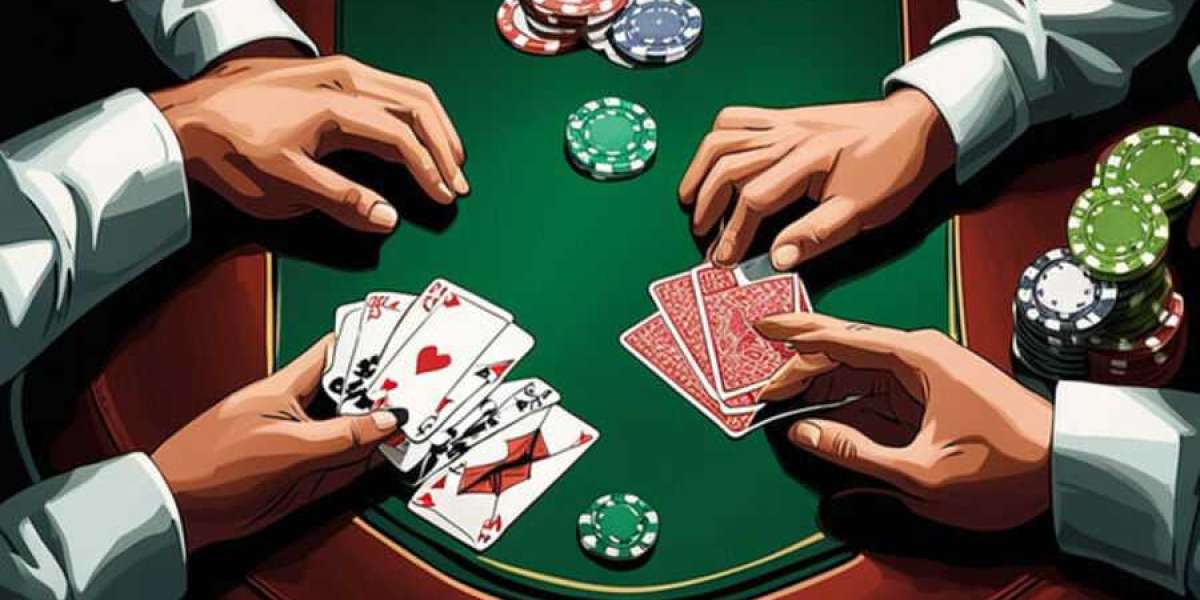Introduction:
In 1968, against the backdrop of political and social unrest, the Mexico City Olympics became an emblematic event that transcended its athletic nature. This electrifying international gathering, infused with the spirit of civil rights movements worldwide, was thrust into the center of a poignant struggle for human rights and equality. From memorable athletic achievements to a courageous medal podium protest, the 1968 Mexico City Olympics marked a turning point in the recognition of marginalized voices and remains an unforgettable chapter in Olympic history.
Description:
The 1968 Mexico City Olympics were a momentous occasion that felt charged with anticipation and social tension. The Games themselves were a spectacle of outstanding athletic achievements, showcased against the stunning backdrop of Mexico's vibrant capital. The emblematic Estadio Azteca stadium, with its towering concrete structure, provided the setting for iconic moments, such as Bob Beamon's monumental long jump record and Tommie Smith and John Carlos's iconic protest.
However, it was during the men's 200-meter race medal ceremony that the world witnessed an act of defiance on an unprecedented scale. As the American national anthem began to play, Tommie Smith, the gold medalist, and John Carlos, the bronze medalist, excised their shoes and raised their clenched fists, shrouded in black gloves, towards the podium. This extraordinary expression of solidarity, known as the Black Power Salute, served as a powerful symbol against racial discrimination and the oppressive treatment of Black Americans.
The protest reverberated globally, sparking controversy and debate. While some applauded the athletes for their courage, others condemned their actions as a political intrusion into a supposedly apolitical forum. The International Olympic Committee swiftly reprimanded Smith and Carlos and banned them from future events, highlighting the contentious nature of their stand for human rights.
Nevertheless, their bold act effectively shone a glaring light on the plight of marginalized communities, forcing the world to confront uncomfortable truths. It prompted meaningful conversations about racial inequality worldwide and catalyzed change within the Olympic Games themselves, pushing for greater inclusivity and social awareness as future editions unfolded.
The 1968 Mexico City Olympics, often remembered for the iconic raised fists on the medal podium, reminds us that sporting events can be more than mere competitions. They can transcend their athletic boundaries and become instrumental in the pursuit of human rights and social justice. By challenging the status quo and using their platform to bring attention to pressing societal issues, Smith and Carlos forever etched their names into the annals of history, reminding us of the power and impact sports can have beyond their arena.



